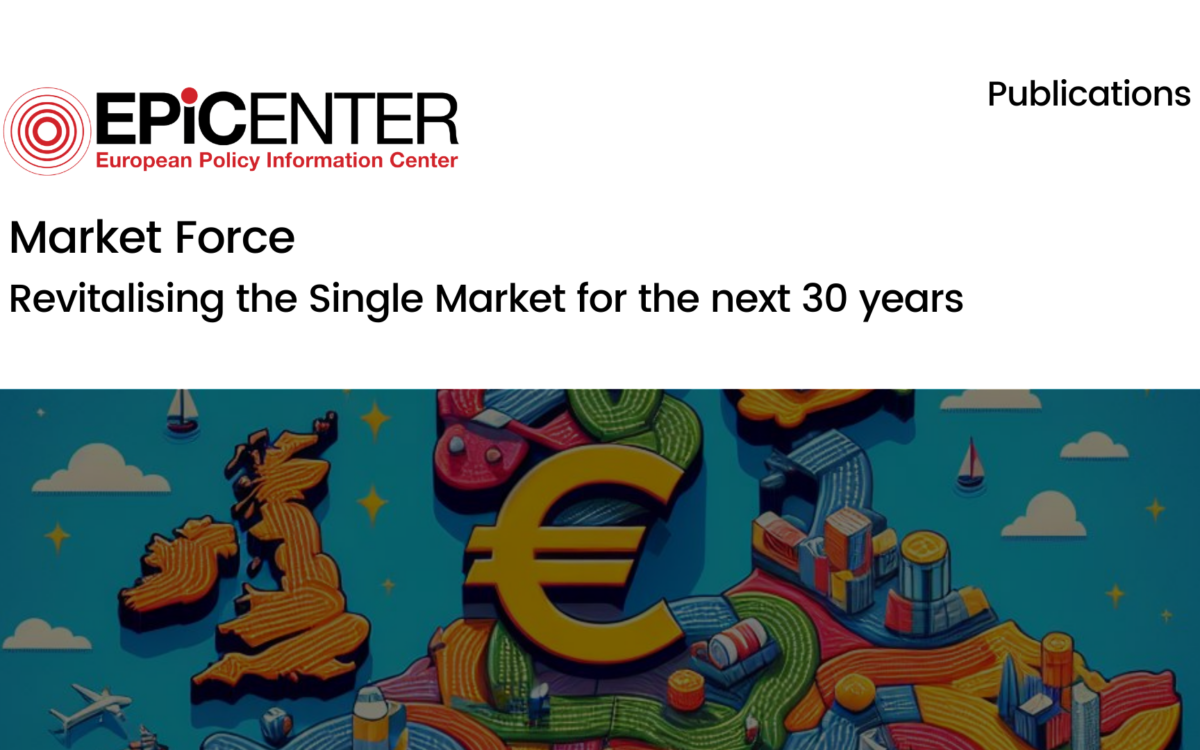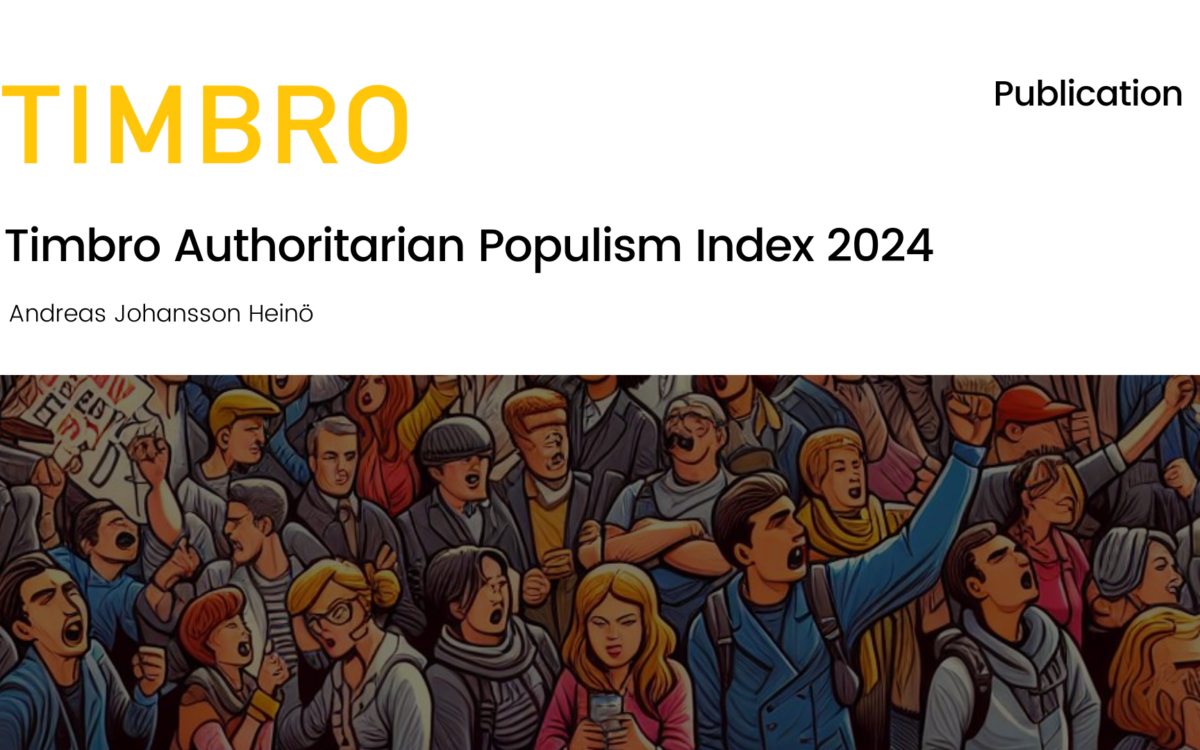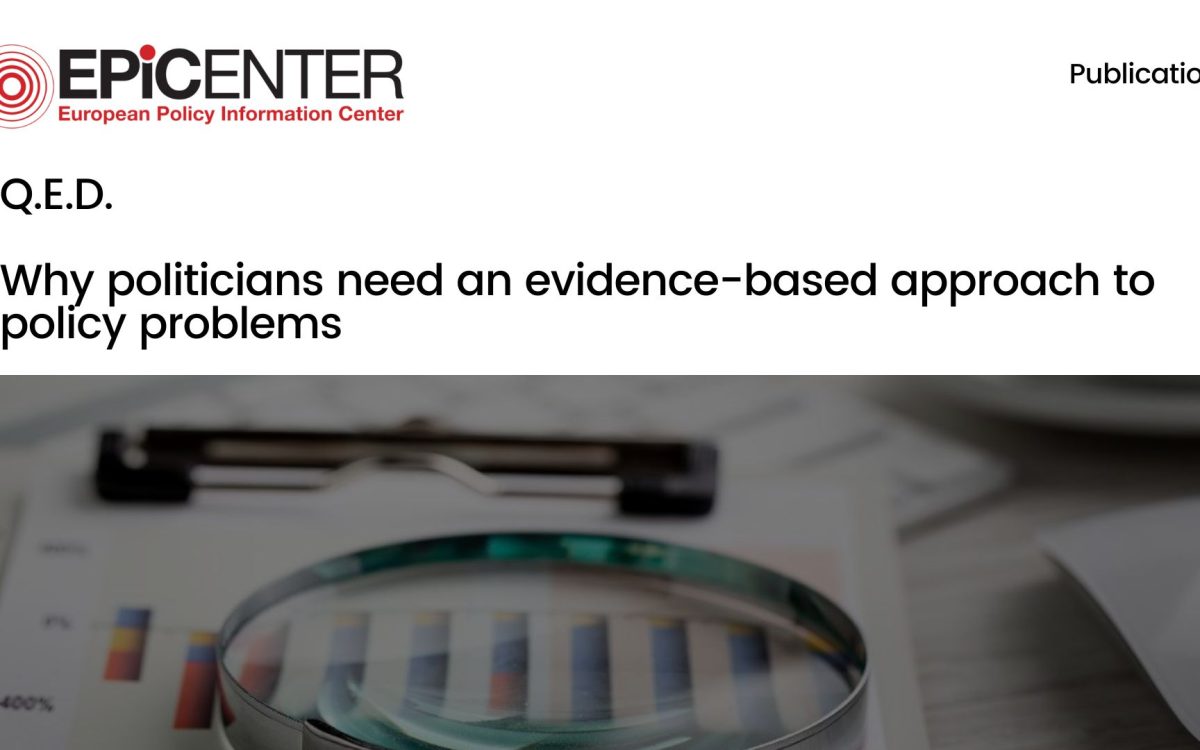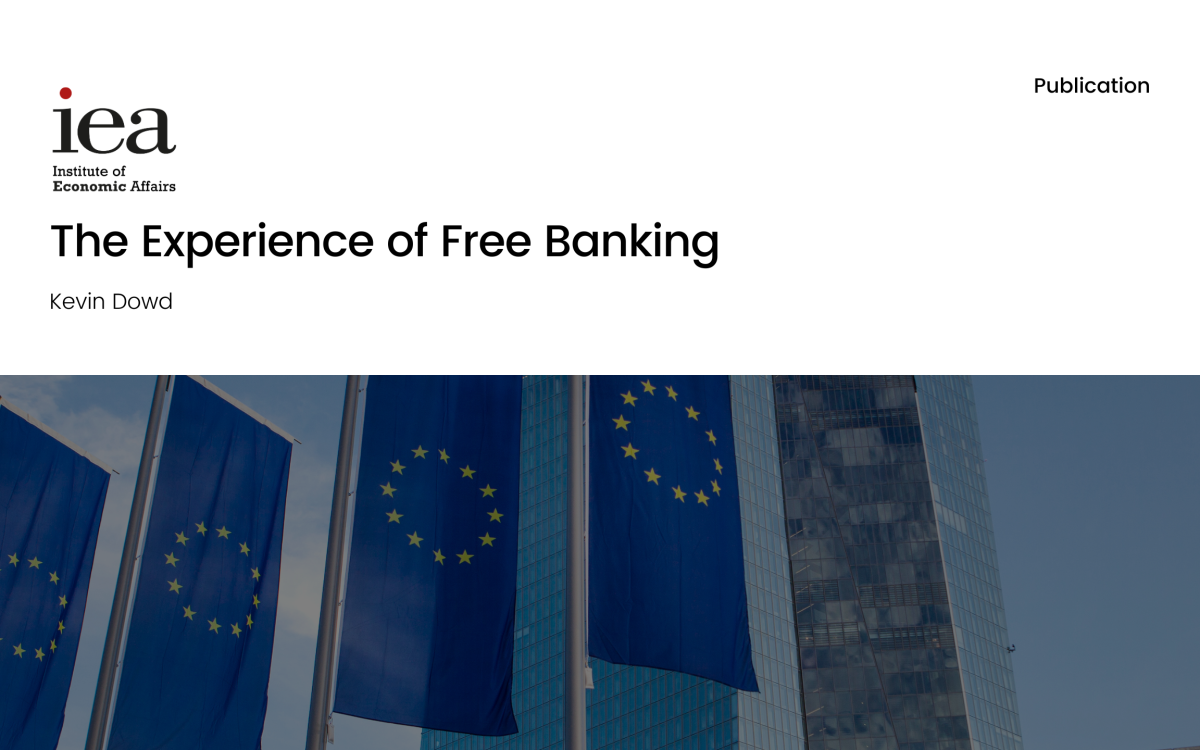The Eternal Battle between Ideology and Expertise
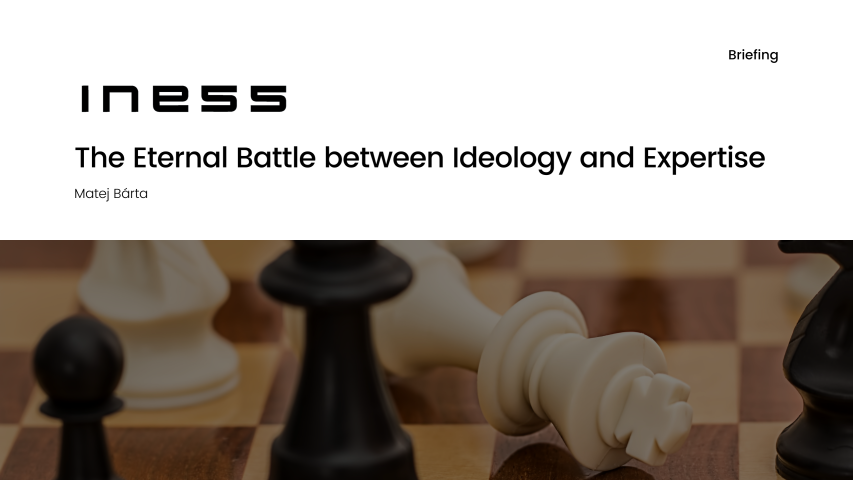
The Eternal Battle between Ideology and Expertise
13 September 2023
In politics and policymaking, controversies and conflicts arise often. The term denotes situations where even knowledgeable, rational, and sincere actors struggle to resolve an issue purely by examining the available expertise. As a result, decisions are often made by resorting to ideology.
This analysis develops a theoretical framework examining the relationship between ideology and expert knowledge and applies it to three cases in the Slovak healthcare sector: abortion policy, regulations on blood donations by gay and bisexual men, and drug policy.
This paper demonstrates that a disproportionate emphasis on ideology in policymaking can lead to adverse consequences. The final section discusses the notion of political decentralisation and argues that it is an effective tool to counter or mitigate the negative consequences of ideological policies, enhance the marketplace of ideas, improve feedback loops between voters and politicians, and empower voters in their decision-making.
Download or share this publication
View the PDF
EPICENTER publications and contributions from our member think tanks are designed to promote the discussion of economic issues and the role of markets in solving economic and social problems. As with all EPICENTER publications, the views expressed here are those of the author and not EPICENTER or its member think tanks (which have no corporate view).
